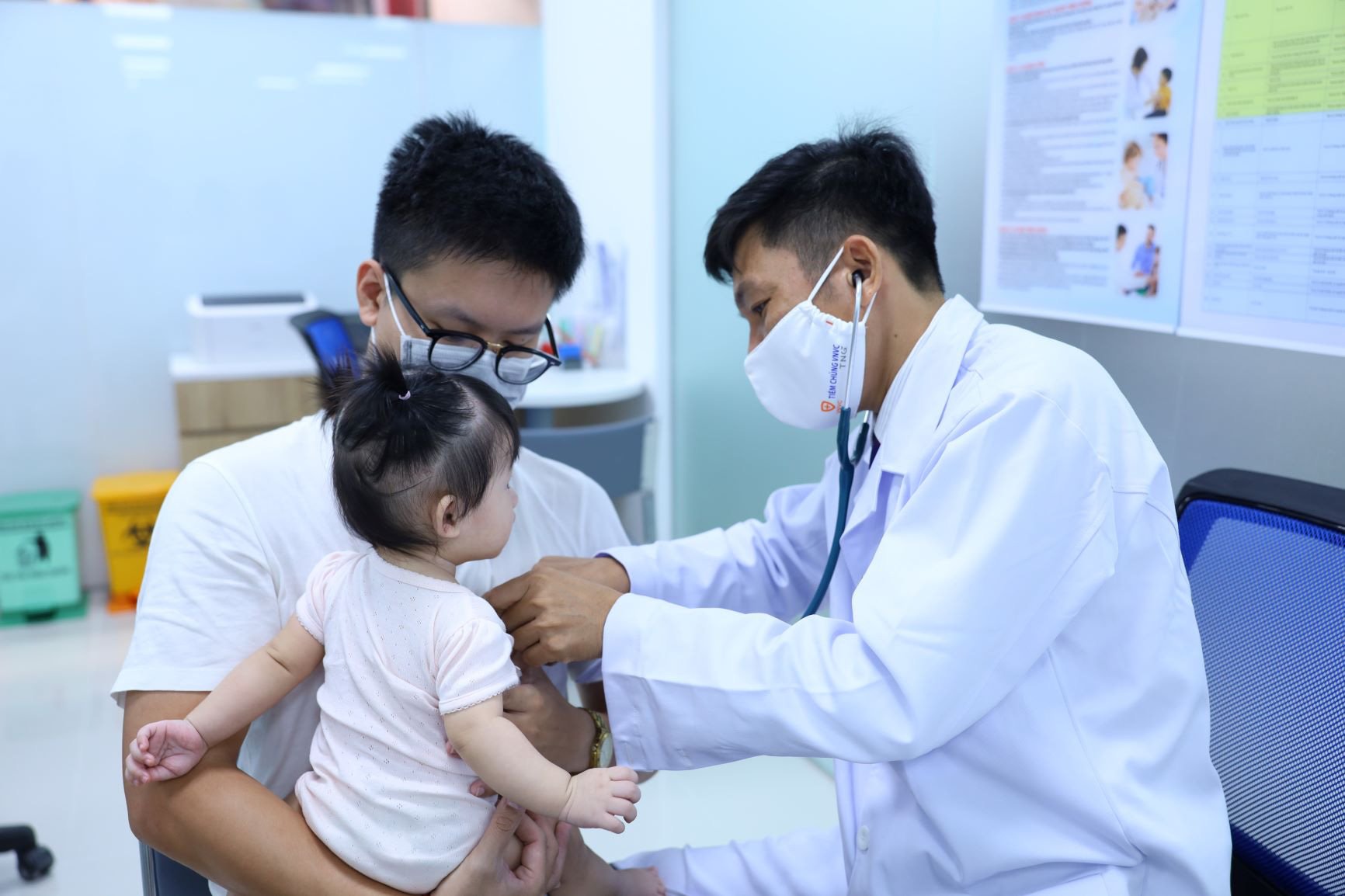
Whooping cough vaccination is an effective disease prevention measure - Illustration: Moc Thao
Whooping cough cases on the rise
According to the report of the Hanoi Center for Disease Control (CDC), last week, the city recorded 7 more cases of whooping cough, scattered in 7 districts. The previous week, the city also recorded a similar number of cases.
Accumulated from the beginning of 2024 to now, the city has recorded 39 cases of whooping cough in 18 districts, while there were no cases recorded in the same period last year.
Hanoi CDC assessed that whooping cough cases continue to be recorded sporadically, mainly in young children who are not old enough to be vaccinated or have not been fully vaccinated.
Specifically, the majority of patients are children under 3 months old (65%); unvaccinated or not fully vaccinated (72%).
The leader of the Hanoi CDC informed that the city currently has enough whooping cough vaccine to vaccinate young children. When children are 2 months old, people should take them to get vaccinated against whooping cough.
Pay attention to symptoms and disease prevention
According to MSc. Do Thi Thuy Hau, head nurse of the Tropical Disease Center, National Children's Hospital, whooping cough spreads quickly and can cause serious complications.
The disease occurs in all ages, however, most cases are in young children who have not been vaccinated against whooping cough or have not received the three basic doses recommended by the Ministry of Health. The younger the child, the more severe the disease and the more complications, especially in newborns.
It is worth noting that whooping cough has similar initial symptoms to the common cold, so many parents are often subjective, self-treating at home, buying medicine or applying folk remedies. This makes whooping cough worse and leads to dangerous complications.
MSc. Hau stated that typical symptoms of whooping cough include 3 stages. The initial stage lasts from 1-2 weeks with symptoms of upper respiratory tract infection, mild cough, runny nose, usually no fever or mild fever.
In the full-blown stage, the main sign is coughing fits that appear spontaneously or due to a small stimulus. Children may cough violently, wheeze, spit up a lot of sticky white phlegm, and have a red face. In particular, young children and infants have short, cyanotic coughs. Between coughing fits, children can function normally.
The recovery phase lasts 1-2 weeks, the cough is short, the number of coughs gradually decreases and the cough can last for several months.
"Whooping cough can lead to many dangerous complications such as severe pneumonia, collapsed lung, respiratory failure; causing encephalitis causing convulsions in children; intussusception, hernia, rectal prolapse. Severe cases can cause alveolar rupture, pulmonary mediastinal emphysema or pneumothorax.
In addition, there may be complications such as bleeding, conjunctivitis, bruising under the eyelids, and the most dangerous is intracranial bleeding," informed Master Hau.
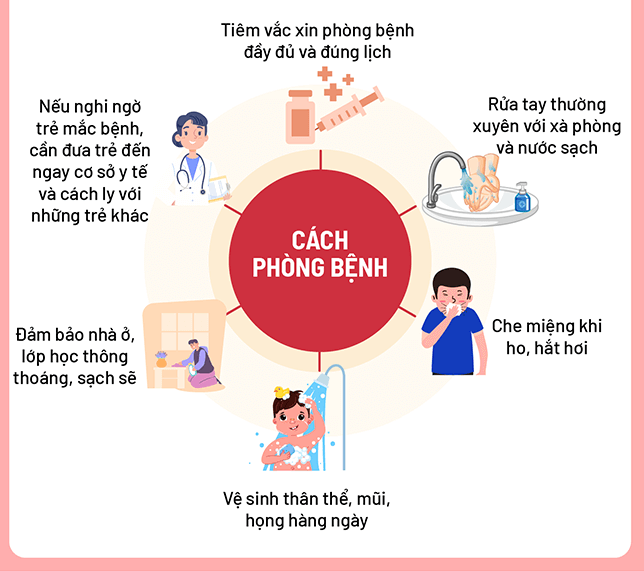
Doctors recommend ways to prevent whooping cough in children - Photo: National Children's Hospital
Doctors recommend that parents should prevent whooping cough in children by fully vaccinating them on schedule; washing hands regularly with soap and clean water; covering mouths when coughing and sneezing; daily personal hygiene, nose and throat; ensuring houses and classrooms are airy and clean...
"When you see children having prolonged coughs, with red or purple faces during coughs; children eating poorly, vomiting a lot; sleeping little; breathing rapidly or having difficulty breathing, you need to isolate the child from other children and take the child to a medical facility for timely examination and treatment," MSc. Hau recommends.
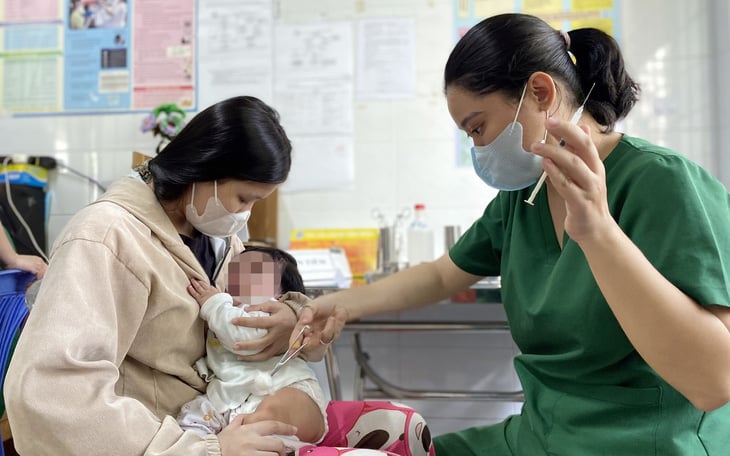 Measles, whooping cough, chickenpox outbreak, fear of epidemic
Measles, whooping cough, chickenpox outbreak, fear of epidemicSource


![[Photo] President Luong Cuong and the King of Belgium witness the Vietnam-Belgium document exchange ceremony](https://vstatic.vietnam.vn/vietnam/resource/IMAGE/2025/4/1/df43237b0d2d4f1997892fe485bd05a2)
![[Photo] Queen of the Kingdom of Belgium and the wife of President Luong Cuong visit Uncle Ho's Stilt House](https://vstatic.vietnam.vn/vietnam/resource/IMAGE/2025/4/1/9752eee556e54ac481c172c1130520cd)
![[Photo] National Assembly Chairman Tran Thanh Man meets with King Philippe of Belgium](https://vstatic.vietnam.vn/vietnam/resource/IMAGE/2025/4/1/c6fb3ef1d4504726a738406fb7e6273f)
![[Photo] Official welcoming ceremony for the King and Queen of the Kingdom of Belgium](https://vstatic.vietnam.vn/vietnam/resource/IMAGE/2025/4/1/9e1e23e54fad482aa7680fa5d11a1480)

![[Photo] President Luong Cuong meets with King Philippe of Belgium](https://vstatic.vietnam.vn/vietnam/resource/IMAGE/2025/4/1/1ce6351a31734a1a833f595a89648faf)


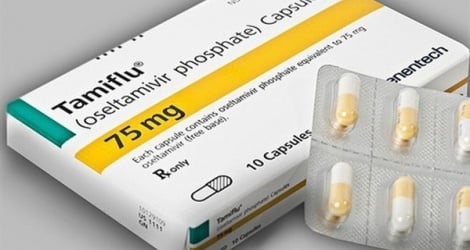


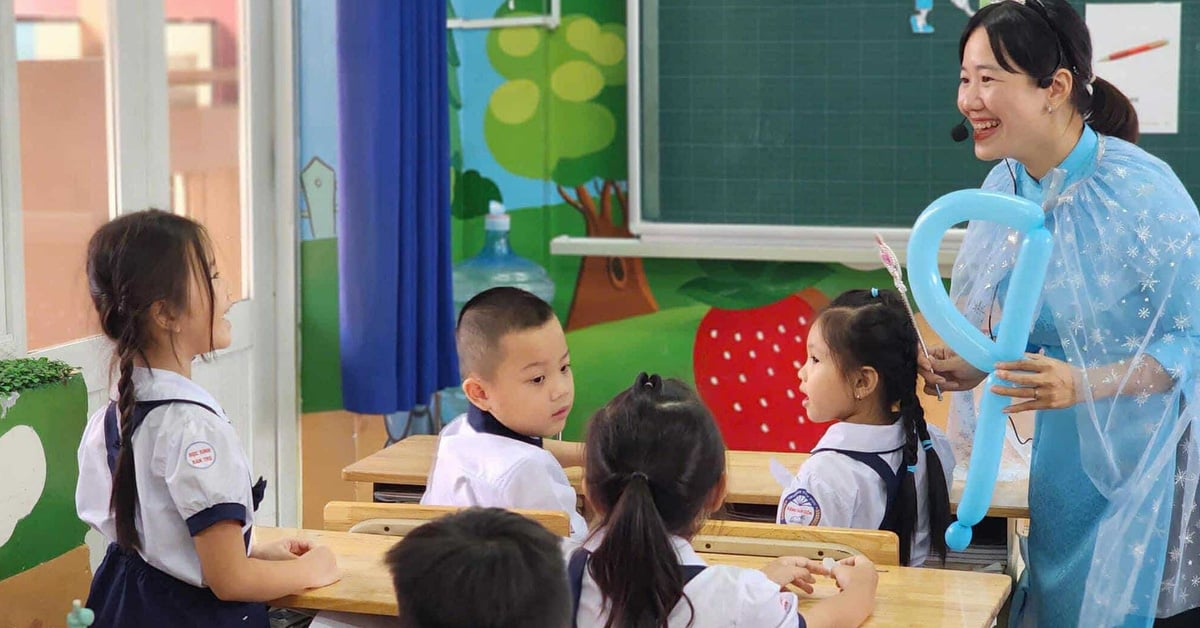
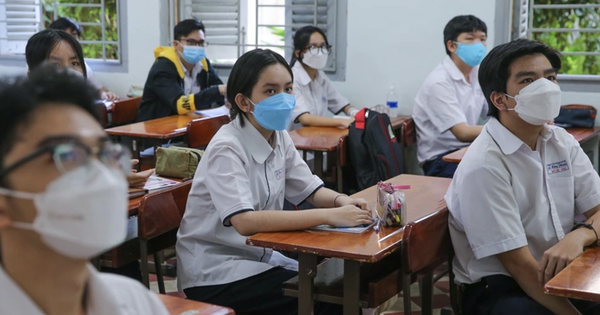





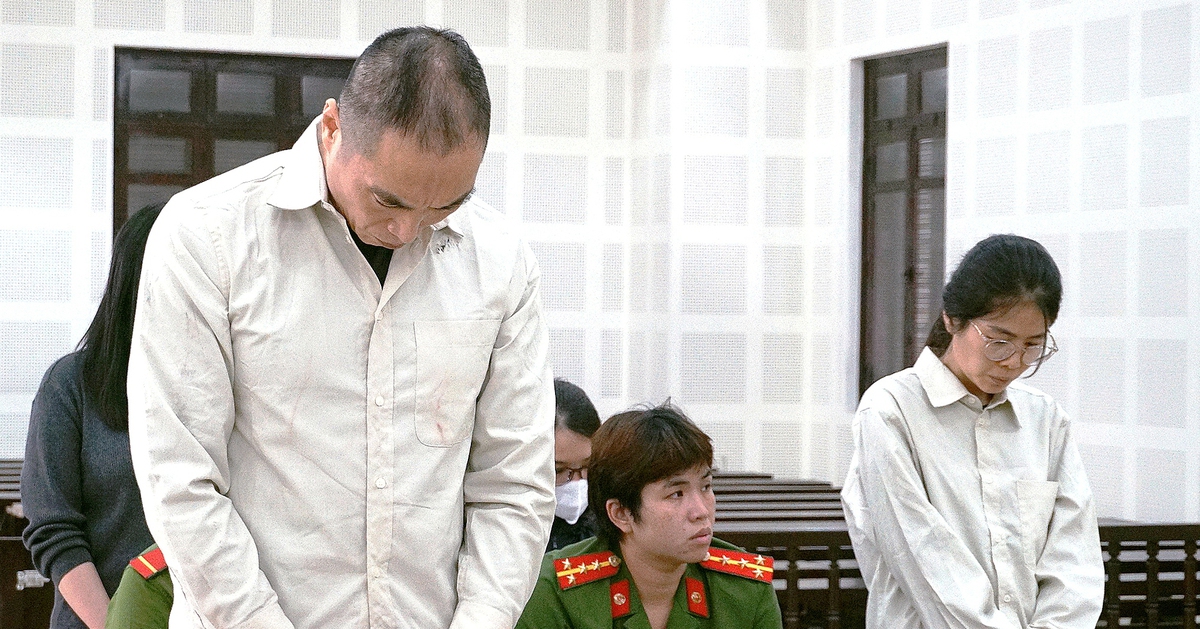






















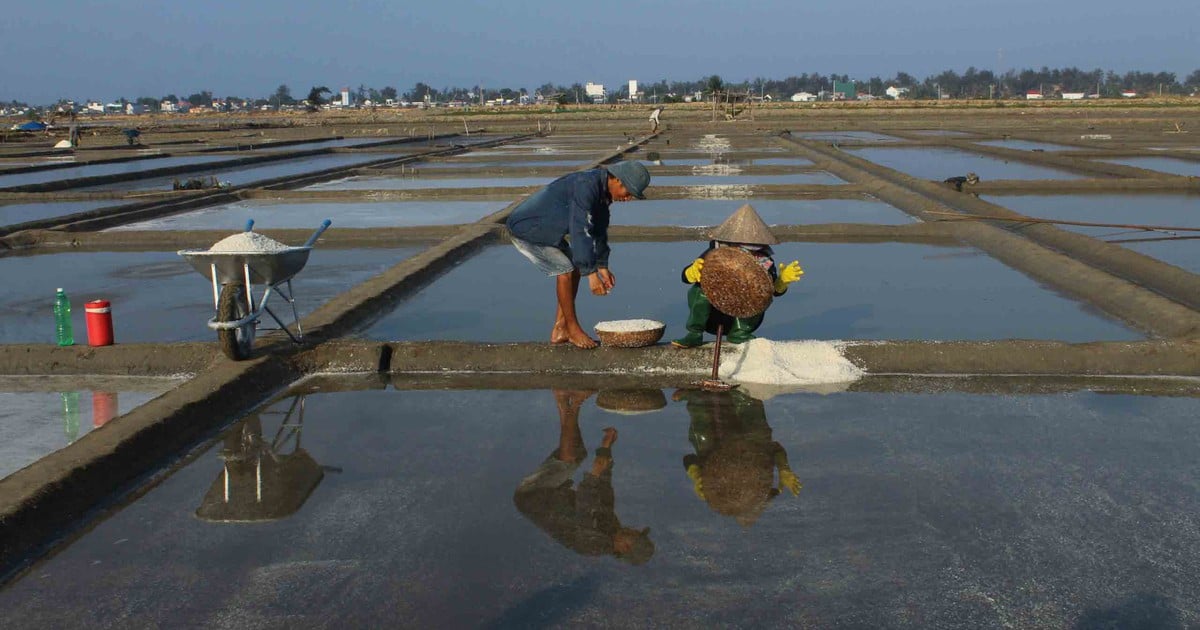






















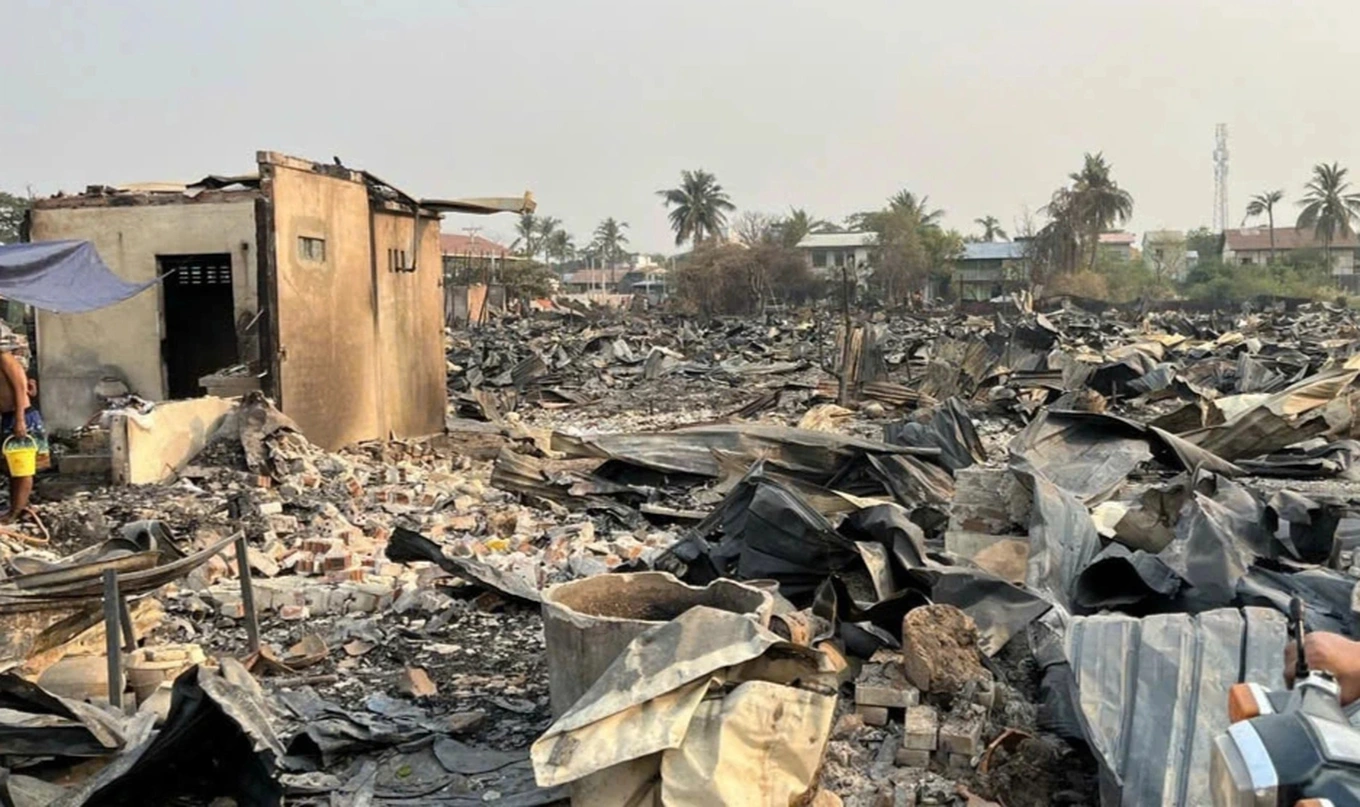



















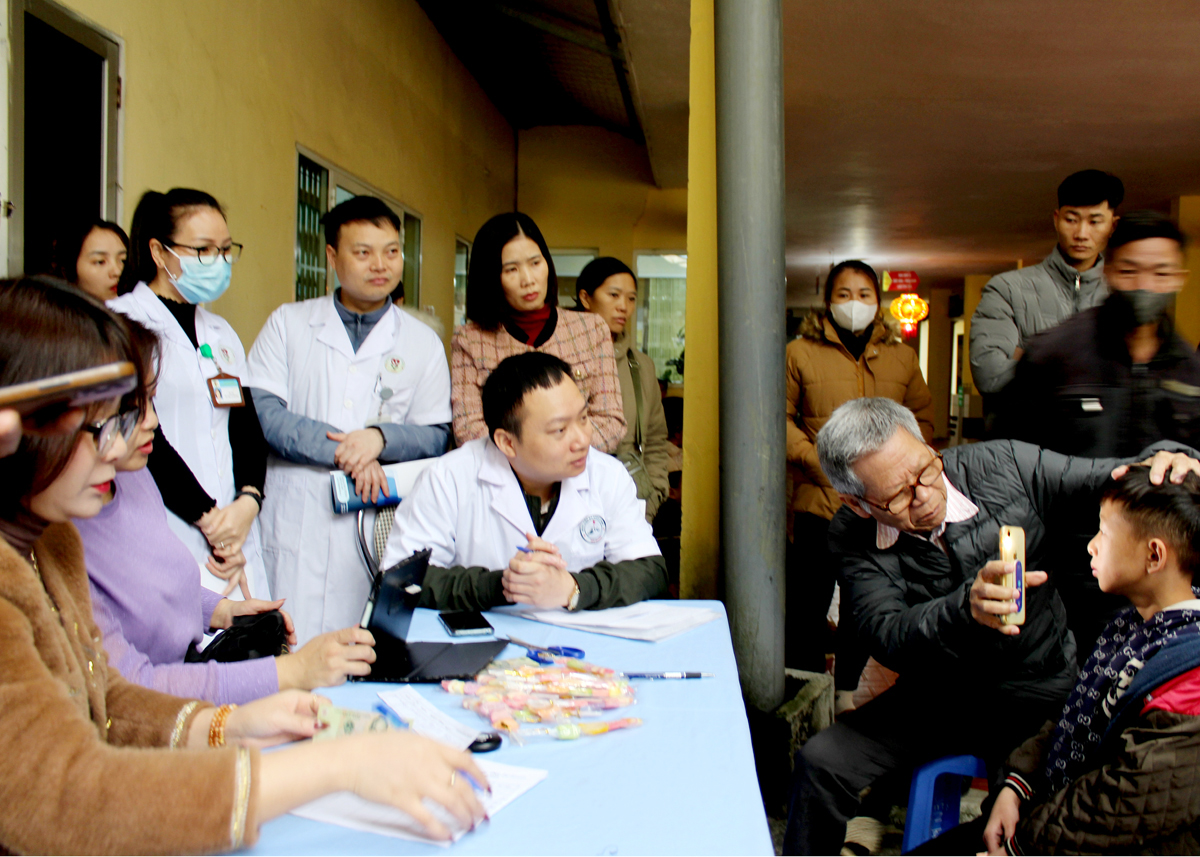











Comment (0)